Earth's Place in the Universe

Educators and Parents, Sign Up for The Cheat Sheet
Weekly updates to help you use Science News Explores in the learning environment
Thank you for signing up!
There was a problem signing you up.
-
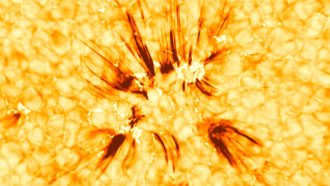 Physics
PhysicsMagnetic fields may supercharge the sun’s release of heat
Astronomers have linked flame-like tendrils rising from the sun to changes in its magnetic fields. This may be one step toward understanding why the sun’s corona is so very, very hot.
-
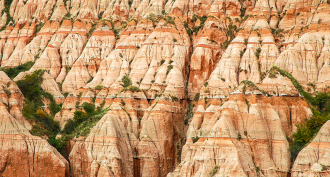 Earth
EarthExplainer: Understanding geologic time
Geologic time is unimaginably long. Geologists puzzle it out using a calendar called the Geologic Time Scale.
By Beth Geiger -
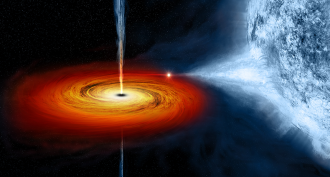 Physics
PhysicsExplainer: What are black holes?
Among the most extreme celestial bodies in the universe, black holes are dense, massive entities whose gravity can sometimes hold together an entire galaxy.
-
 Planets
PlanetsAsteroids may have delivered water to early Earth
Scientists shot mineral pellets at a simulated planet. It showed an impact wouldn’t have boiled off all of an asteroid’s water.
-
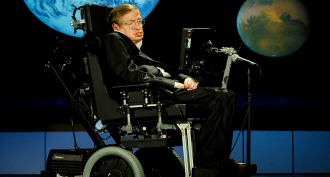 Physics
PhysicsDisabilities don’t stop these experts in science and tech
People with disabilities are as varied as the careers some of them pursue in science, technology, engineering and math.
-
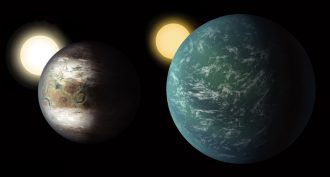 Planets
PlanetsSmall, distant worlds are either big Earths or little Neptunes
The Kepler space telescope data are in. They split Earth-like exoplanets into two groups and reveal 10 new rocky planets in the ‘Goldilocks’ zone.
-
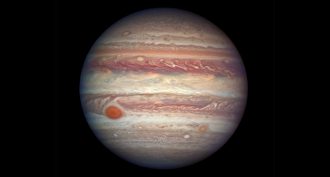 Planets
PlanetsJupiter may be the solar system’s oldest planet
Jupiter’s early existence may explain the odd arrangement of planets in the solar system, a new study suggests.
-
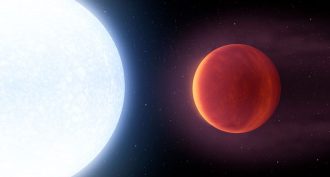 Planets
PlanetsHot, hot planet sets sizzling new record
Astronomers have discovered an odd new exoplanet. Called KELT 9b, is the hottest non-star known.
-
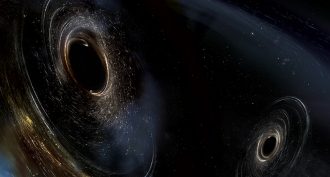 Physics
PhysicsGravitational waves detected yet again
For the third time in 16 months, scientists have announced detection of gravitational waves washing over the spacetime environment in which Earth resides. This seems to show that such waves may not be rare.
-
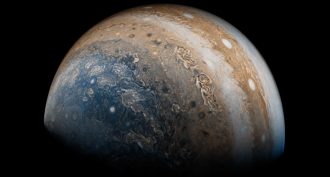 Planets
PlanetsJupiter gets surprisingly complex new portrait
NASA’s Juno spacecraft has sent back unexpected details about Jupiter, giving scientists their first close-up of this gas giant.
-
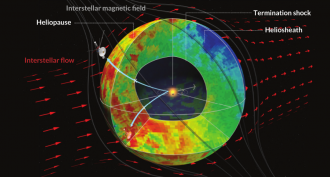 Space
SpaceHow the solar system’s tail disappeared
A bubble envelops the planets and other material in the solar system. New data show it does not have a long tail but is round.
-
 Tech
TechTeens garner some $4 million in prizes at 2017 Intel ISEF
Hundreds of teens collectively took home about $4 million in awards from the Intel International Science and Engineering Fair this week.
By Sid Perkins